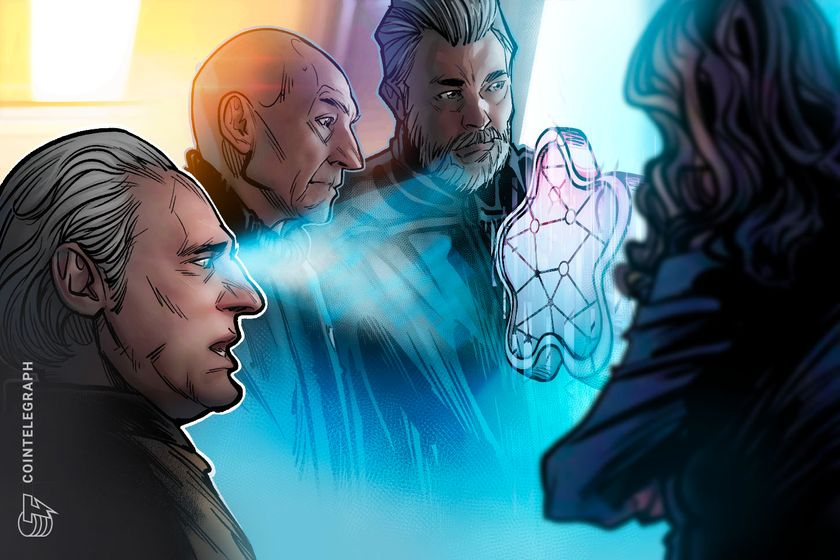“We’re contorting ourselves to pass through the keyhole of tyranny.” Edward Snowden’s words ring out in the packed Genesis Stage hall at Bitcoin Amsterdam, stressing the preeminent cryptocurrency’s ever-increasing importance in a world beset by creeping government surveillance, devaluing fiat currencies and restrictive policies.
The renowned whistleblower’s address summed up a recurring theme during the conference hosted in Amsterdam, driving home the role of decentralized protocols like Bitcoin and Our in handing individuals some semblance of control over their wealth and privacy.
Cointelegraph spoke to prominent Bitcoin developers, investors, builders and supporters attending the two day conference at the picturesque Westerpark. In the midst of the ongoing cryptocurrency bear market that has tested the wider industry, the event managed to attract a couple of thousand event-goers looking for the latest news and insights from the BTC industry.

While these prominent figures highlighted the value proposition of Bitcoin as a store of value against diminishing purchasing power of fiat currencies, Snowden was critical of the continual focus on the value of BTC over its importance as decentralized tool:
“We are all part of a bigger game and Bitcoin is one of the strongest levers in that. The systems that we are influencing, that we are exerting leverage on – payments and finance – will shape what the world of tomorrow looks like.”
Snowden’s address attracted arguably the biggest gathering of visitors during the conference, as he revisited the role that Bitcoin played in his own journey rebelling against the hegemony of the U.S. government and its wanton surveillance of its citizens.
In 2013, Snowden used Bitcoin to pay for the servers that hosted classified information that was sent to journalists that would reveal the overreach of the National Security Agency. As Snowden elaborated, Bitcoin’s increasing prominence has led to increasing opposition from governments, lawmakers and legacy financial institutions.
“We don’t want to focus on things like ETFs (exchange-traded funds), we need to focus on the fundamentals.”
Snowden added that the potential influence of Bitcoin ETFs on the value of the cryptocurrency represents “subordination, a kind of subjugation, a process of taming” that is being played out by institutions that regulate traditional financial spheres.
Snowden also shared his belief that Bitcoin has ‘a privacy problem’, highlighting the emergence of obfuscation tools like coinjoin and mixers as important, but equally indicative of the pressure facing the decentralized protocol.
“Acting in secret is not freedom. The necessity of coinjoins and so on – that is because you are un-free. Proof of funds is proof of unfreedom.”
Snowden said that society needs to stop asking for permission by continuing to innovate with the creation of decentralized tools that do not heed to the powers that be, referring to the Securities and Exchange Commission’s actions against the wider cryptocurrency space in 2023 as a prime example of the control that currently exists:
“All of the people tracking price and looking at headlines involving the SEC. Gary Gensler is not Daddy Bitcoin. I don’t really care what he thinks and I don’t think you should either.”
The whistleblower also tipped his hat to the creation of Nostr, which he described as powerful in conceptualizing the integration of free speech and free trade. The creators of Nostr would later unpack the genesis of the platform at the conference, which also drew a significant crowd.
Magazine: ‘Elegant and ass-backward’: Jameson Lopp’s first impression of Bitcoin














